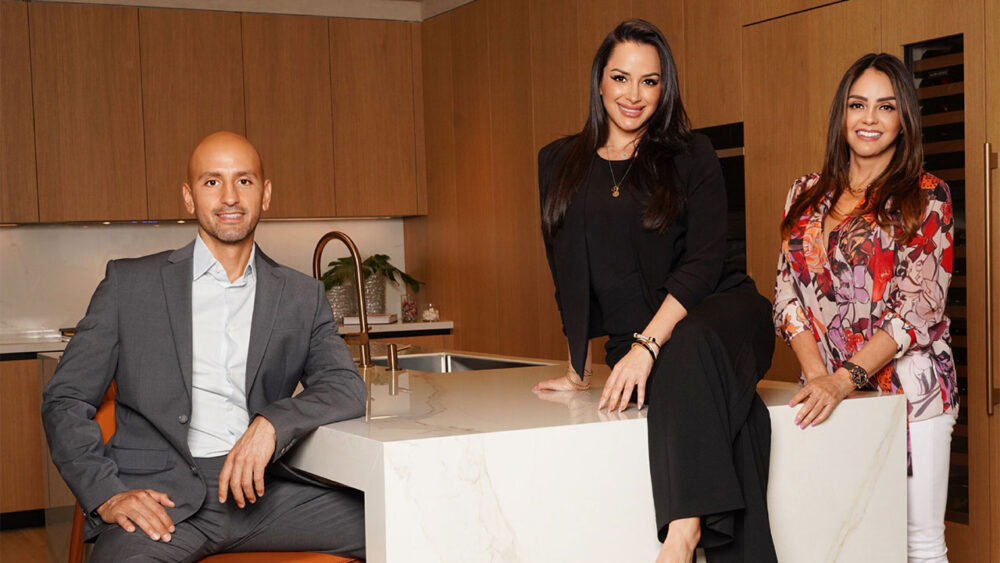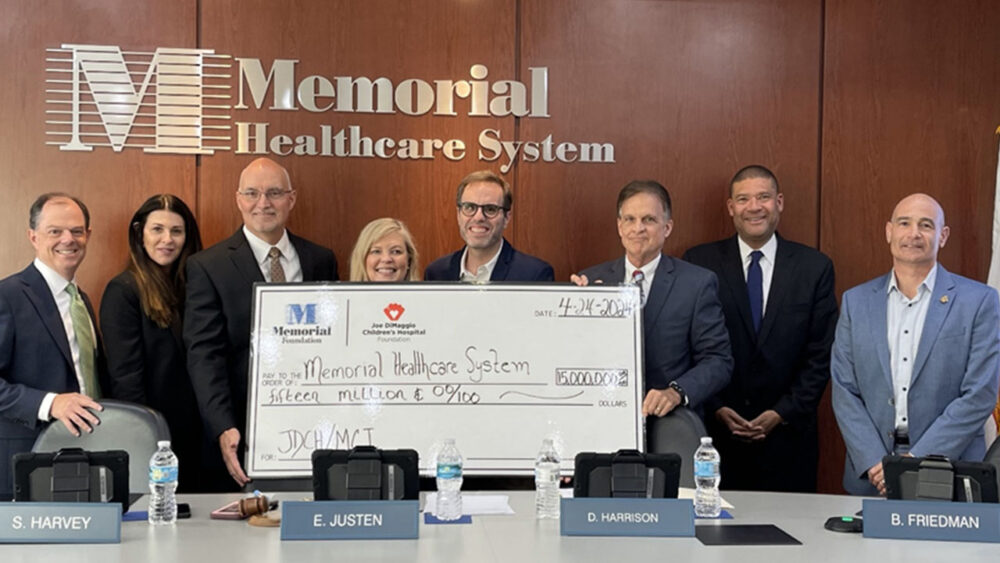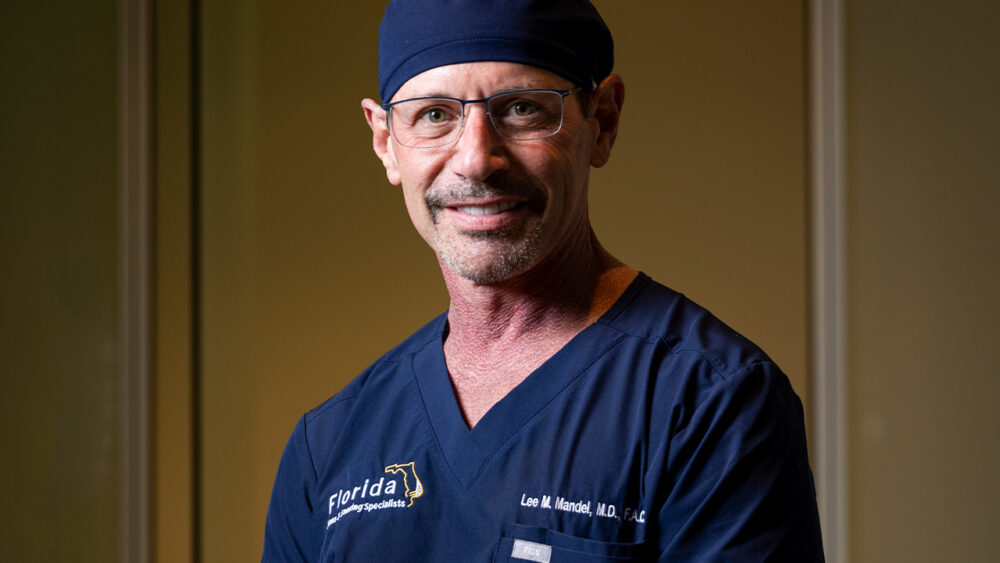The nonprofit organization provides music education to local students regardless of their socio-economic background.
Young Musicians Unite Receives $10 Million Commitment From Dan Lewis for Arts Access Miami


The nonprofit organization provides music education to local students regardless of their socio-economic background.

The financing will be used to construct The Residences at Six Fisher Island.

The fundraiser will be held during Boca Chamber Festival Days.

Maritza Meza Giusti’s children followed in her footsteps, all with a passion for selling luxury real estate.

Patrons can experience a made-to-order platter and caviar service.

The caviar and chive dip with housemade potato chips is a fan favorite.

Check out the best venues to relax and enjoy.

The funds support patients’ families and cover the costs of programs, facilities, and equipment.

He shares valuable insight on the advancements and investments essential for making an impact in the medical field.

The concept is led by The Restaurant People (TRP).